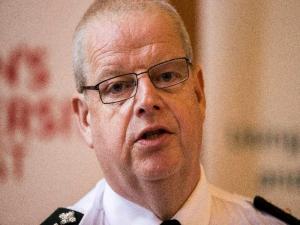
By Rebecca Black, PA
Northern Ireland’s chief constable Simon Byrne has said he does not believe loyalists are likely to return to violence.
There has been mounting anger within the unionist and loyalist communities in the region over the post Brexit arrangements governing Irish Sea trade.
They regard a range of new checks on some food products from Great Britain under the Northern Ireland Protocol as an Irish Sea border.
The Loyalist Communities Council (LCC) have written to Prime Minister Boris Johnson telling him the main loyalist paramilitary groups were withdrawing support for the Good Friday/Belfast agreement.
The paramilitaries said they were temporarily withdrawing their backing of the Belfast/Good Friday accord amid mounting concerns about the arrangements governing Irish Sea trade post-Brexit.
But Mr Byrne told a meeting of the Northern Ireland Policing Board that police have initially assessed the letter as a “political move”.
“We don’t see the prospect of a return to protest or violence. We are prudently looking at an assessment of what that means in terms of a policing response or indeed any need to change our posture over the weeks ahead,” he said.
Pressed by media, Mr Byrne said as a political move, the letter is “best dealt with by politicians”.
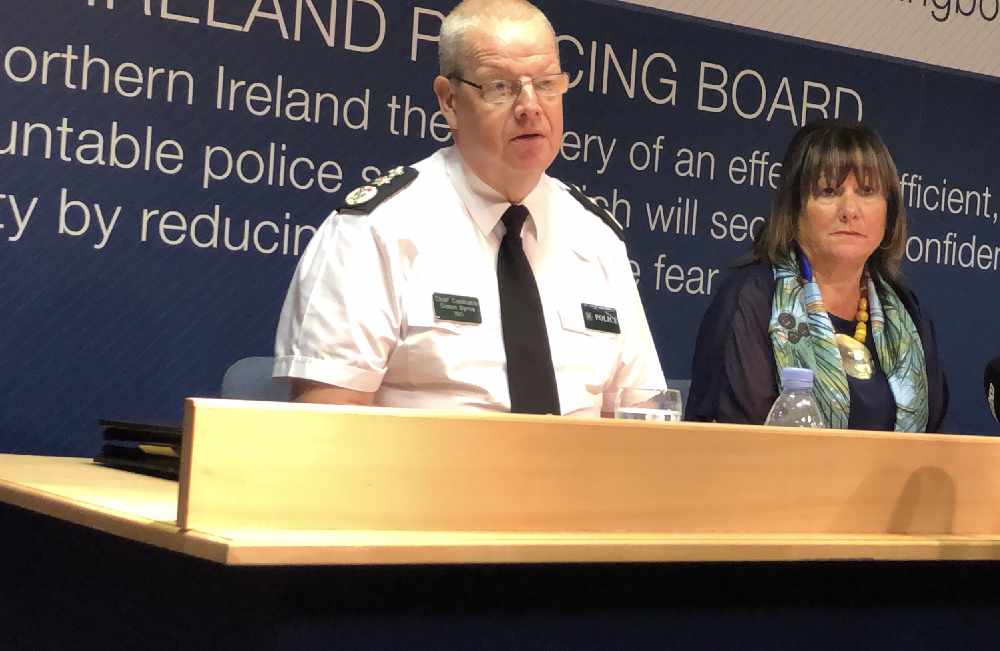
“This is a political space and for politicians to determine who they need to speak to. We’re here to police consequences and we’ll keep an eye on any change in mood,” he said.
“But as we sit here this afternoon, we don’t see any immediate change in emotion or potential for disorder or violence coming from within the Loyalist community and my appeal is for calm and to let the political processes take place.”
Mr Byrne said there have been 200 incidents since the start of January related to opposition to the Northern Ireland Protocol.
He described them as criminal damage, graffiti or the erection of posters and banners that signal a lack of support for the protocol.
“We are keeping an eye on that,” he said.
In the latest escalation of tension, graffiti appeared in a loyalist area of Belfast referencing Cabinet Office Minister Michael Gove.
The message painted on a wall in Sandy Row included Mr Gove’s name and an address above the words “We don’t forget, we don’t forgive”.
The PSNI has confirmed it is investigating the incident.


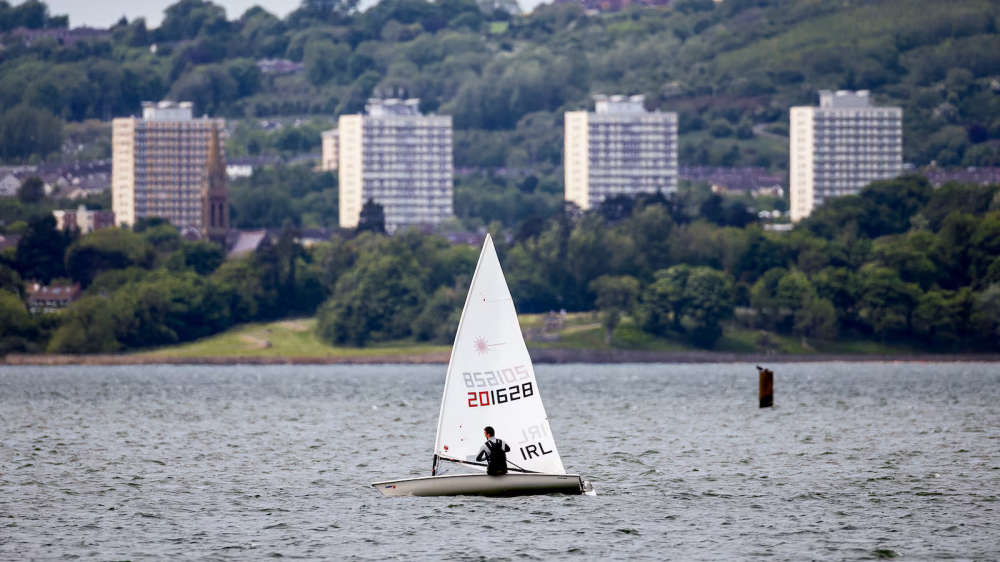 Forensic accountants to examine projected NI Water overspend, Kimmins announces
Forensic accountants to examine projected NI Water overspend, Kimmins announces
 Nine Northern Ireland schools targeted with threatening email thought to be hoax
Nine Northern Ireland schools targeted with threatening email thought to be hoax
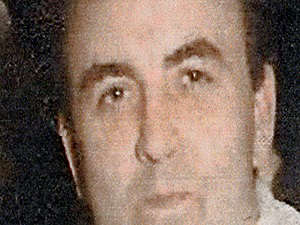 Exhumed remains not those of Disappeared victim Joe Lynskey
Exhumed remains not those of Disappeared victim Joe Lynskey
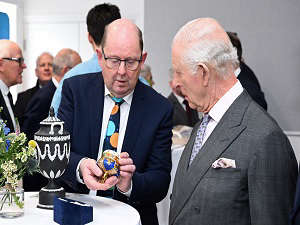 King and Queen conclude three-day visit to Northern Ireland
King and Queen conclude three-day visit to Northern Ireland
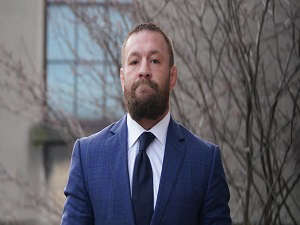 Conor McGregor seeks to introduce new evidence in civil rape appeal case
Conor McGregor seeks to introduce new evidence in civil rape appeal case